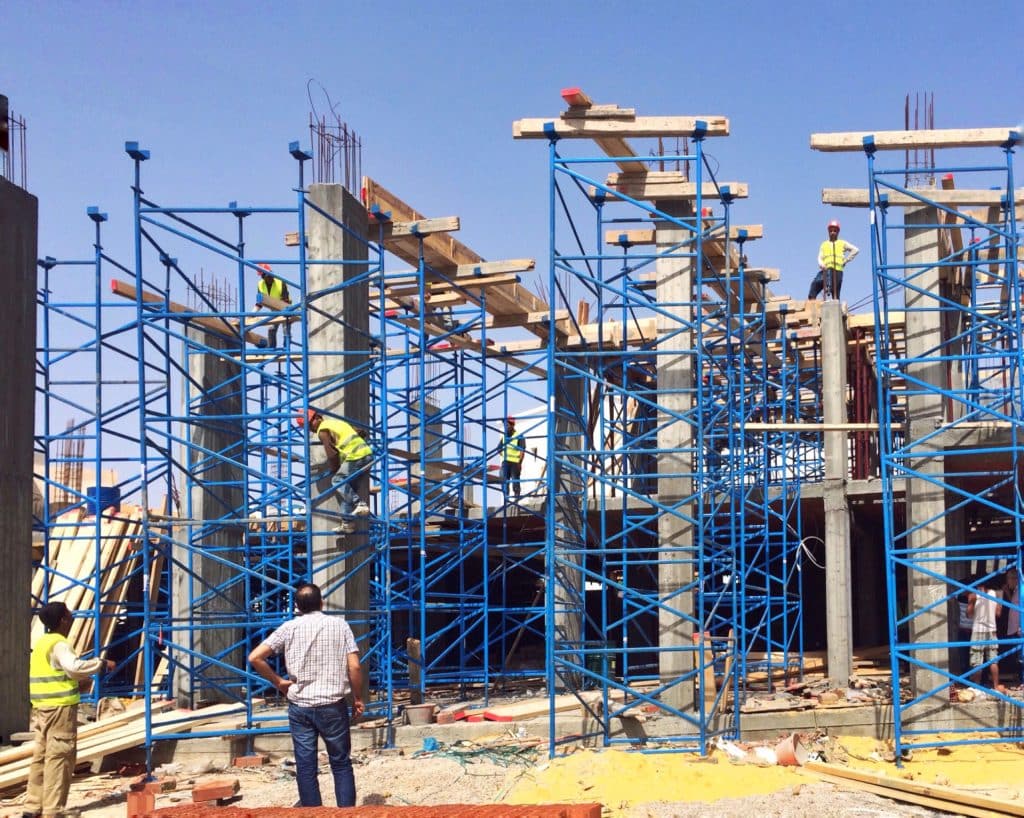Introduction
Picture this: you’ve got a fantastic architectural project in mind, but along the way, you have to wade through a sea of rules and regulations. The construction scene in Thailand offers endless possibilities, but understanding the legal side of things is just as crucial. Getting a grip on building regulations and snagging those all-important construction permits isn’t just about paperwork – it’s about ensuring your project’s on the right track. In this comprehensive guide, let’s break down the complexities of construction permits in Thailand in a way that’s easy to grasp.
Why Getting Permits is a Big Deal
Imagine pouring all your effort into a spectacular building, only to have it tangled up in legal hassles due to rule non-compliance. Construction permits aren’t just boxes to check; they’re your ticket to safety. These permits make sure your project follows safety codes, zoning rules, environmental standards, and more. They’re like your protective armor, shielding you from risks and ensuring your project lives up to quality standards.
Cracking the Permit Puzzle
The permit process in Thailand involves several steps that each play a pivotal role in ensuring your construction project’s success. Let’s peel back the layers:
- The Initial Review: Before you dive deep, you present a preliminary design to local authorities. They check if your project fits in with zoning and urban planning guidelines.
- Getting the Papers Ready: Detailed architectural plans, structural blueprints – it’s all about the documents. These papers spell out your project’s details, keeping everyone on the same page.
- Off to the Authorities: You submit your application to the local government office that handles this stuff. The application bundle includes design plans, impact assessments – all the vital stuff.
- The Nitty-Gritty Review: Authorities go through your application with a fine-tooth comb. They look at things like building height, how far from the road, and environmental impact.
- Sealing the Deal: If your application fits the bill, you get that golden construction permit. It’s the green light to start working on your project.
Diving into Legal Waters
Understanding and adhering to legal requirements is crucial in Thailand’s construction industry. Here are some key areas:
- Zoning Zones and Land Rules: Zoning rules are like puzzle pieces that define what goes where. Your project should fit snugly into these zones to avoid any hiccups.
- Environmental Impact Check: Bigger projects that could shake up the environment need a checkup. It’s like a health check, but for your construction plans.
- Safety is the Name of the Game: Rules make sure your project doesn’t skip on safety. Fire safety, accessibility, and handling earthquakes – these are the real MVPs.
Pro Tips: Seek Help
The permit journey might be like a maze, but you’re not in it alone. Architects, engineers, and legal pros can help ease the way. Architects craft designs that play by the rules, engineers make sure your project stands strong, and legal folks keep you on the right side of the law.
Dealing with the Rough Spots
Every journey has its bumps. Here’s how to handle them:
- Language Barriers: If Thai isn’t your strong suit, getting someone who speaks the lingo can smooth things over with the authorities.
- Rolling with Regulation Changes: Rules don’t stay put. Keeping up-to-date means checking in with the local authority hotline and chatting with experts.
Wrapping it Up
Building rules and permits in Thailand might seem like a tangle, but with the right know-how, you’ll be weaving through like a seasoned pro. By grasping the steps, understanding the rules, and teaming up with experts, you’re ensuring your project not only captures your vision but also scores high in safety, legal chops, and eco-smarts. So, as you embark on your construction journey, remember that knowing the rules is your recipe for success.




